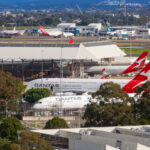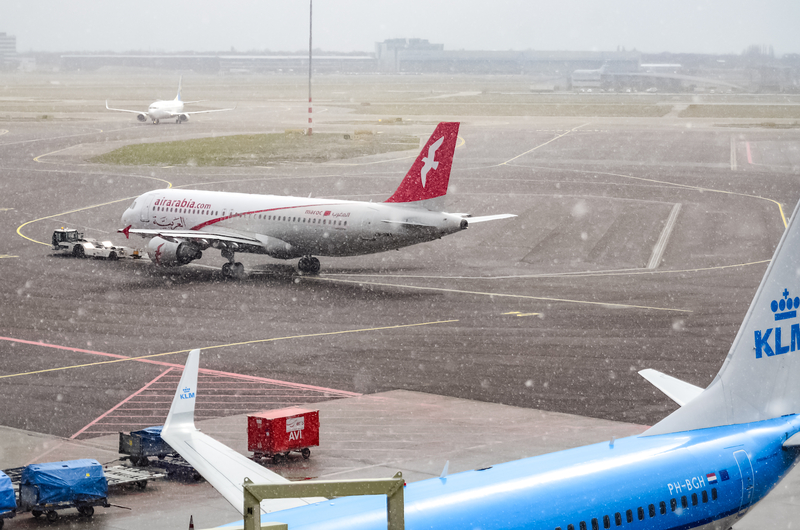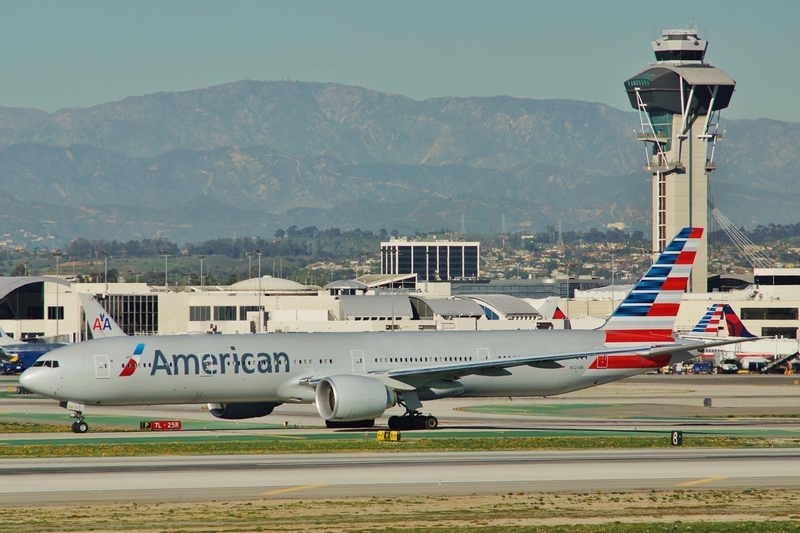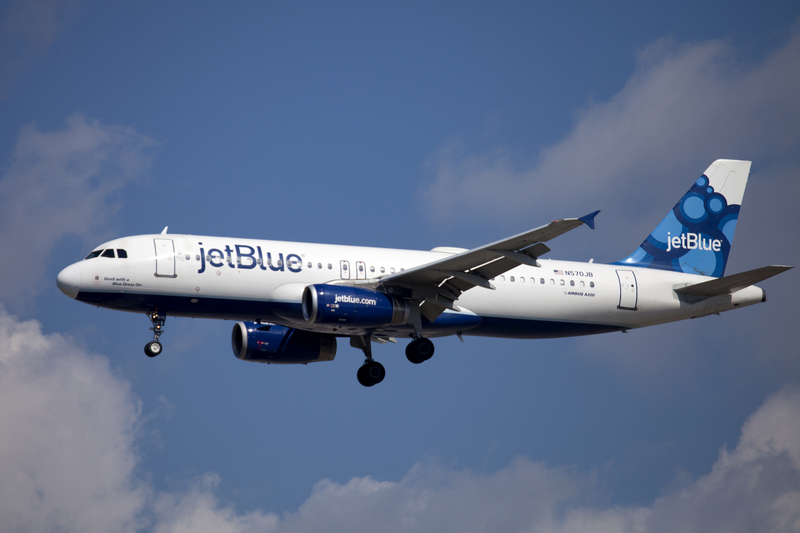Rex Airlines’ Financial Struggles Prompt Australian Government Intervention Discussions
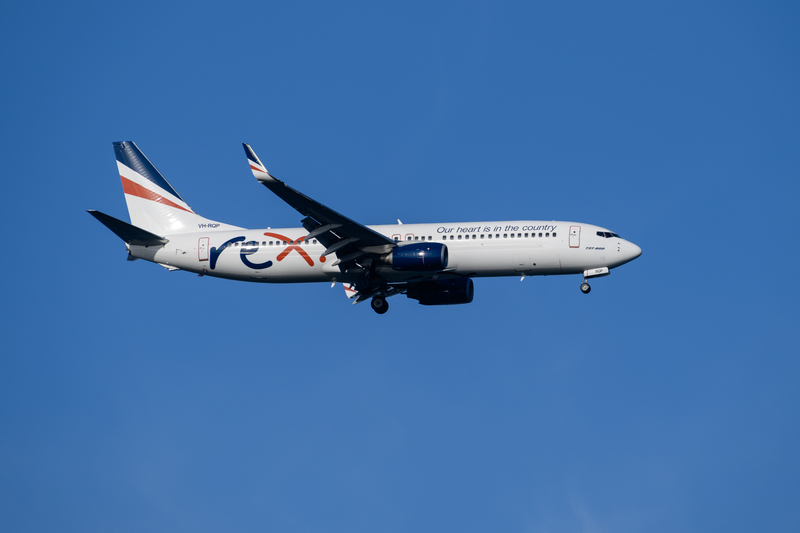
ID 242390701 © Andrew David Periam | Dreamstime.com
Rex Airlines, Australia’s largest independent regional carrier, is facing significant financial turmoil, prompting discussions within the Albanese government regarding potential intervention to preserve essential regional air services. The airline, which operates critical routes across rural and remote Australia, entered voluntary administration in 2024 after failing to sustain competition on trunk routes against larger carriers like Qantas and Virgin Australia.
Background and Financial Challenges
Rex, formally known as Regional Express Holdings, expanded into major domestic routes in 2021, launching services between capital cities using Boeing 737-800 aircraft. While the expansion aimed to capitalize on pandemic-era gaps left by other airlines, intense price competition and rising operational costs quickly strained the airline’s finances.
Key financial pressures include:
- Increased fuel prices and labor costs
- Depressed regional demand in some markets
- Heavy capital outlay tied to fleet expansion and network growth
In 2024, Rex announced a financial restructuring plan but was placed into administration later that year after defaulting on loans and failing to attract new private investment.
Government Involvement and Contingency Planning
The Australian government has emerged as Rex’s largest secured creditor, following:
- A previous $80 million loan under the federal COVID-19 aviation support scheme
- Acquisition of $50 million in Rex debt by the government to stabilize the airline’s operations
In light of Rex’s insolvency, the Albanese government is now considering multiple options, including:
- Supporting a trade sale to another aviation entity or investor
- Providing temporary funding to maintain critical regional routes
- Acquiring Rex outright if no suitable buyer is found to preserve vital connectivity for rural communities
According to government sources, any potential bailout or acquisition would come with strict conditions on transparency, route continuity, and job preservation.
Strategic Importance of Rex to Regional Australia
Rex operates over 1,500 weekly flights across 58 destinations, many of which are not served by other carriers. The airline provides a vital transportation link for:
- Remote and Indigenous communities
- Medical, educational, and freight services
- Fly-in-fly-out workers in mining and agriculture sectors
Losing Rex could result in reduced access to essential services, particularly in regions such as Broken Hill, Mount Gambier, Wagga Wagga, and Dubbo.
Industry Reactions
While some critics argue that Rex’s aggressive expansion into trunk routes was financially overambitious, others highlight the necessity of government support for regional aviation as a public good rather than a profit-driven enterprise.
The Transport Workers Union (TWU) and regional councils have urged the government to prioritize regional service continuity over financial returns, warning that gaps left by Rex would not be easily filled by Qantas or Virgin Australia.
Bottom Line
Rex Airlines’ financial crisis underscores the fragility of regional aviation in Australia and has pushed the federal government to consider unprecedented intervention. With essential air connectivity at stake, particularly in underserved areas, the coming weeks will be crucial in determining whether Rex can survive through restructuring, sale, or direct public ownership.

